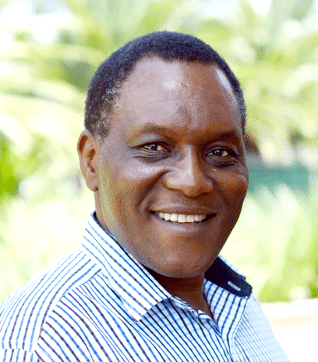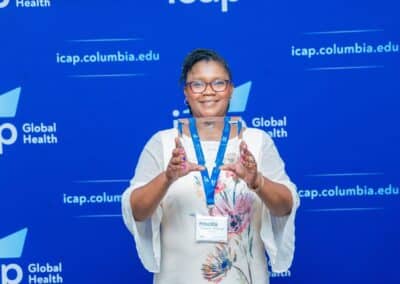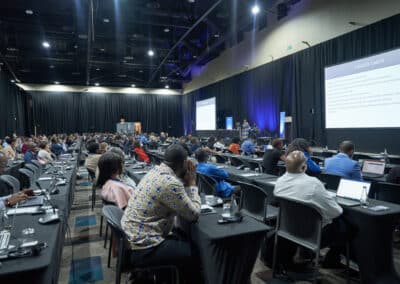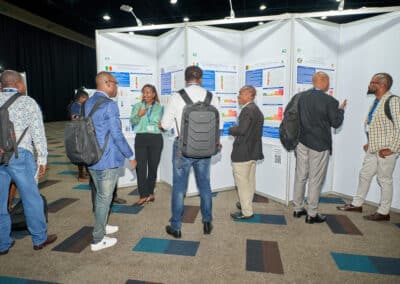Lawrence Khonyongwa is the executive director of the Malawi Network of People Living with HIV. In his closing remarks at last month’s CQUIN Advanced HIV Disease (AHD) workshop, Khonyongwa reiterated that recipients of care must be involved in all aspects of health and policy planning to improve the health outcomes of people living with HIV. In this Q&A, Kyonyongwa gives more insight into the state of AHD policy and implementation in Malawi, and the issues policymakers should consider when involving recipients of care in planning and implementing AHD service delivery. He also talks about his organization’s role in ensuring that people living with HIV have access to the health services they need.
What is the state of advanced HIV disease policy and implementation in Malawi?
In Malawi, the Ministry of Health is leading implementation of AHD policy. Still, as recipients of care, we feel more work has to be done to ensure that advanced HIV disease is given the level of importance needed to ensure that treatment reaches every person. There are several challenges, but if these challenges are eliminated, Malawi can have good health outcomes.
Can DSD models enhance HIV services for people with AHD?
DSD can have a very profound effect on improving the way AHD services are implemented both from a provider and recipient of care perspective by ensuring one size does not fit all. For instance, at the AHD workshop, it was shown that young people from birth to adolescence also have challenges with AHD, so we could have DSD for young people with AHD. DSD has a huge role to play in improving AHD services for various groups.
Is there any particular DSD model for AHD that has been implemented in Malawi, is working well, and should be scaled-up?
The model which is working well is where the communities are involved. MSF [Médecins Sans Frontières] has implemented a community-based model in the Nsanje district, where there is a lot of community involvement in AHD service implementation. This approach helps with good health outcomes because it is easy to detect a problem early when communities collaborate with health personnel in developing AHD programs.
How can the CQUIN network accelerate optimal service delivery models for people with advanced HIV disease?
CQUIN can explore the various models to identify the ones that can bring the fastest, most cost-effective results, that will balance costs, treatment time, and health outcomes. What recipients of care want is to live. Nobody wants to have AHD, so any model that can help prevent people from dying and help people live healthy lives is welcome. We think that CQUIN is an excellent opportunity for cross-learning, to get the best out of what is being implemented in various countries.
How is your organization working to overcome some of the challenges with AHD?
At MANET Plus, the Malawi Network of People Living with HIV, we go to the communities to sensitize people about accessing health services and treatment in time. We also provide orientation to communities on healthy living. What we have noticed is that people who progress to advanced HIV disease usually have difficulties accessing treatment. There are also several other factors. For instance, among young people, we have noticed the problem of drug and alcohol abuse. There are also challenges with treatment adherence, and retention, and religious beliefs, people who delay testing. Our role as MANET Plus is to provide treatment literacy to our communities so members can access the services provided by the Ministry of Health.
What is the most rewarding aspect of your role as Executive Director of MANET Plus
There was a time when many people were dying from AIDS, but due to a lot of treatment advances, we have seen a lot of people living healthy lives. It is very rewarding to see people that were bedridden able to move around and live their lives, and you cannot even tell the difference between a person living with HIV and a person who doesn’t have HIV – that is very rewarding to see.






